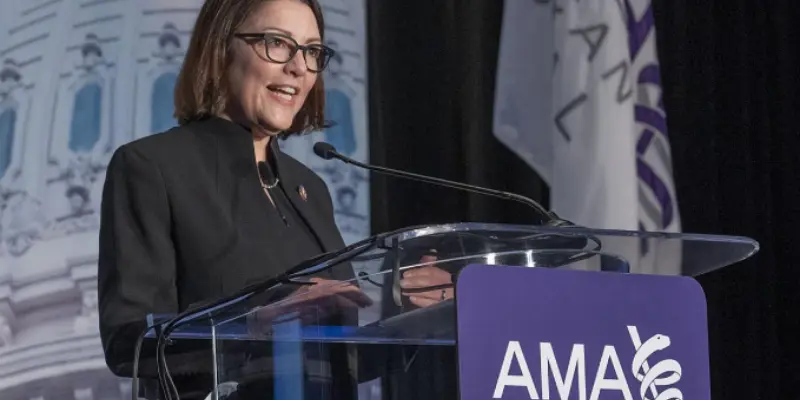AMA Pushes for Legislative Remedy to Reform Prior Authorization Process
The AMA and other national health care professional organizations reached on a consensus more than three years ago with health insurance industry representatives on how to reform the prior authorization process (PA), but little progress has been made. A recent physician survey confirms that prior authorization (PA) burdens continue unabated—suggesting that a legislative remedy is needed to protect patients from those who obstruct their timely access to care.
Prior authorization still presents challenges to physicians, three years after the AMA and other health organizations released a consensus statement urging reform.
The Prior Authorization and Utilization Management Reform Principles are 21 principles that address the following areas:
- Clinical validity
- Continuity of care
- Transparency and fairness
- Timely access and administrative efficiency
- Alternatives and exemptions
Peer to Peer Review for Prior Authorization

Building on years of advocacy on every front to streamline burdensome prior authorization requirements, physicians, residents, and medical students at the Special Meeting of the AMA House of Delegates (HOD) today adopted new policies specifically targeting peer-to-peer (P2P) review of prior authorization decisions and the particular burden of prior authorization during a public health emergency.
Specifically, P2P conversations refer to discussions between a physician and an insurance company physician employee that frequently take place, depending on the health plan, either during the initial prior authorization process or after an initial prior authorization denial. These conversations typically involve questions of medical necessity or treatment requests.
Newly Adopted Policies for Prior Authorization
The new policies adopted the call for:
- P2P prior authorizations to be made actionable within 24 hours of the discussion;
- The reviewing P2P physician to have the clinical expertise to treat the medical condition or disease under review and to have knowledge of the current, evidence-based clinical guidelines and novel treatments;
- P2P reviewers to follow evidence-based guidelines consistent with national medical society guidelines where available and applicable;
- Temporary suspension of all prior authorization requirements and the extension of existing approvals during a declared public health emergency;
- Health plans must not require prior authorization on any medically necessary surgical or other invasive procedure-related or incidental to the original procedure if it is finished during an operation or procedure that was already approved or didn’t require prior authorization.
Right Medical Billing provides Prior Authorization solutions at an affordable cost, contact us today at 281-864-0448.



